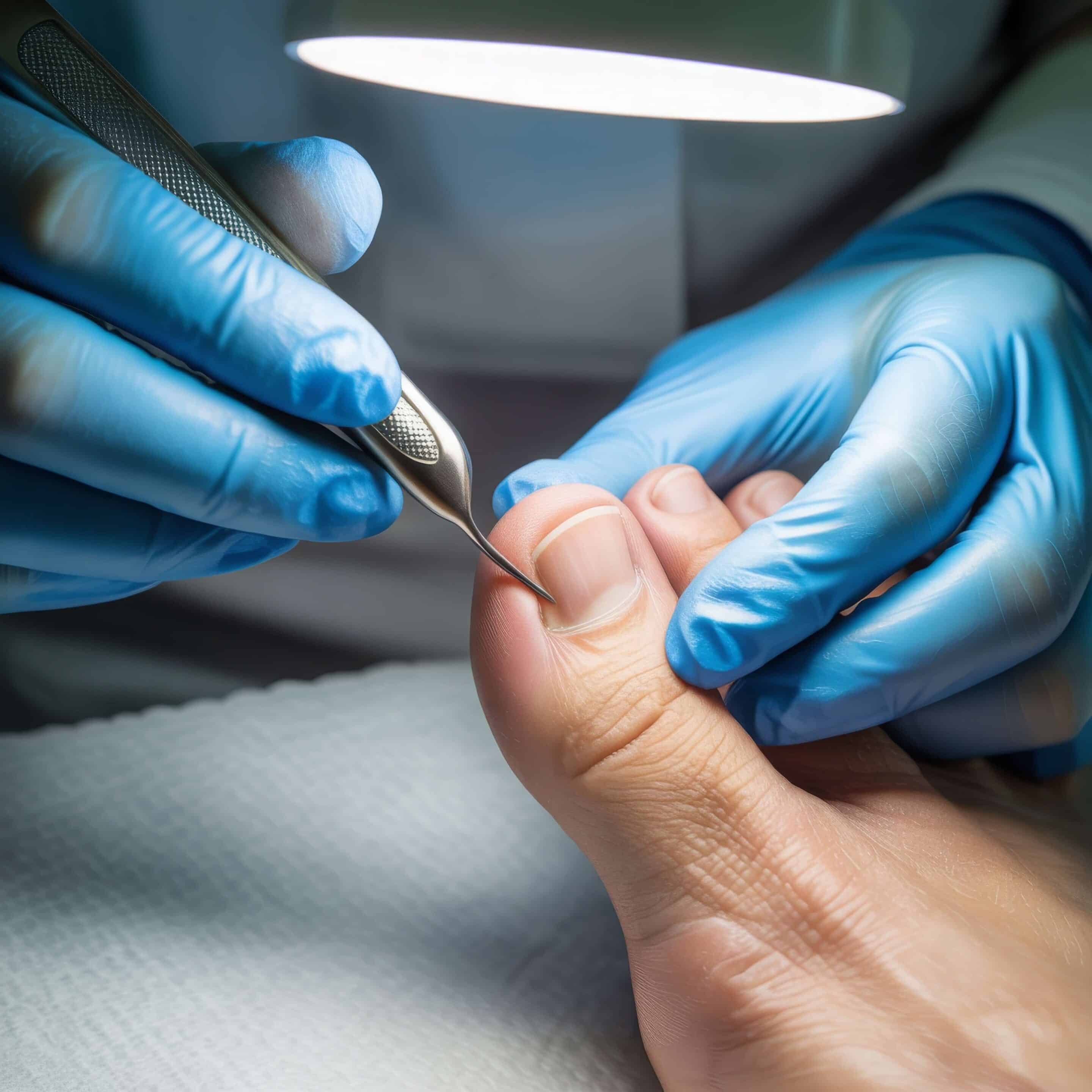When Should You See a Doctor About Your Ingrown Toenails?
Ingrown toenails can be a real nuisance, causing discomfort and inconvenience. While some people may try home remedies, there are cases where professional medical assistance is not just advisable but necessary. In this blog, we will explore ingrown toenails, reasons to consult our podiatrists, signs that warrant medical attention, and available treatments.
Understanding Ingrown Toenails
Ingrown toenails, or onychocryptosis, occur when the toenail’s edge grows into the surrounding skin, leading to pain and possible infection. Typically, this issue affects the big toes but can happen to any toe.
Why Consult Our Podiatrists for Ingrown Toenails?
There are compelling reasons to see our podiatrists for ingrown toenails:
- Infection Prevention: Ingrown toenails can invite bacterial infection. Our experienced team can diagnose and treat infections effectively.
- Pain Management: Ingrown toenails can be painful, making walking and shoe-wearing uncomfortable. Our compassionate doctors can help alleviate this pain.
- Preventing Tissue Penetration: If the toenail has pierced the skin, professional care is needed to prevent complications and ensure proper nail growth.
Signs That Warrant Medical Attention
Specific symptoms should prompt you to see our podiatrists:
- Redness: If the skin around the ingrown toenail becomes red, it could indicate inflammation or infection.
- Persistent Pain: Continuous or severe pain around the ingrown toenail signals the need for help.
- Presence of Pus: The presence of pus suggests infection, requiring professional treatment.
- Nail Penetration: If the toenail visibly grows into the skin, it’s time to contact our office.

When Should You Seek Professional Help?
While mild cases can sometimes be cared for at home, we recommend seeing a podiatrist when symptoms persist or worsen. Look out for these warning signs:
- Persistent pain that doesn’t improve with home care.
- Red, swollen skin around the nail.
- Signs of infection such as pus, drainage, or a foul odor.
- Nail digging into the skin, causing an open wound.
- Repeated ingrown toenails that keep coming back.
- High-risk conditions like diabetes or poor circulation, which can increase the risk of complications.
How a Podiatrist Can Help
Podiatrists specialize in treating foot conditions like ingrown toenails with a variety of effective techniques:
- Partial nail removal involves trimming away the affected nail section to relieve pain and promote healing.
- Permanent nail removal (matrixectomy) for recurring or chronic cases.
- Antibiotics to treat or prevent infection.
- Soaks and elevation to reduce swelling and discomfort.
- Advice on proper footwear to avoid future issues.
- Custom orthotics for better foot alignment and long-term prevention.
Tips for Preventing Ingrown Toenails
Taking a few simple steps can go a long way in preventing painful ingrown toenails:
- Cut your toenails straight across without curving the edges.
- Choose shoes that fit well, with plenty of room for your toes.
- Maintain healthy feet by washing them regularly and keeping them dry.
- Protect your toes from injury and trauma.
- Check your feet frequently, particularly if you have diabetes or circulation issues.
Don’t Ignore the Pain—Schedule Your Appointment Today!
Don’t let an ingrown toenail disrupt your life. Early treatment is key to avoiding infection and getting back on your feet. Contact us at Richardson Podiatry Center now! Our experienced team offers expert care to help you heal quickly and comfortably.
